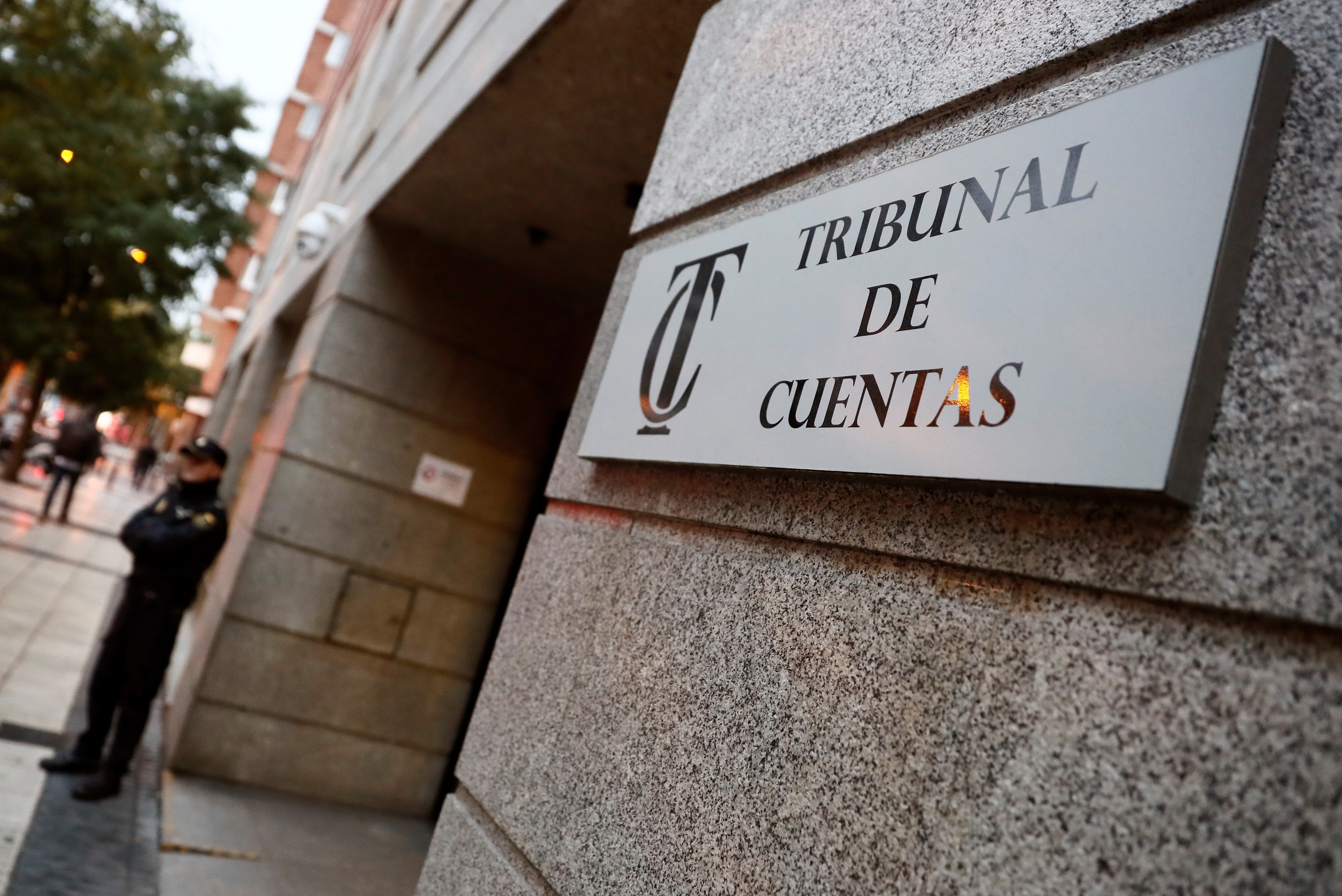At this Tuesday's cabinet meeting, the Catalan government plans to discuss and validate the proposal to "support" the 34 senior officials pursued by Spain's Court of Accounts, who are required to pay a total of 5.4 million euros within two weeks, or face confiscation of their assets. Since the multimillion-euro fine became known, the Catalan executive has been looking for a means of legal cover for any action it might take, and has sought legal advice. The solution it has found is based in what is known as the principle of compensation.
Without clarifying whether this support will include financial backing or be limited exclusively to the legal field, the Catalan minister for the presidency, Laura Vilagrà, revealed on Monday that the government "will defend the innocence and freedom of expression and representation" of all those affected, who have been fined for the foreign policy actions taken by the Catalan government between 2011 and 2017.
Right to guardianship
The basic law regulating the civil service - a Spanish law - states that any public servant has the right to guardianship and that it "must be possible" for him or her "to be supported by the administration". This is the principle of compensation. Catalan government sources have told ElNacional.cat that the intention is that the details of the proposal will be announced within 24 hours, so that the civil servants involved have the necessary support.
Avoiding a boomerang effect
The situation, according to the presidency ministry, is complex. And it is necessary to find the right balance so that the decision taken is accepted by the Court of Accounts and does not have a boomerang effect, which could end up going against the members of the current government. That is, to avoid the risk of being accused of misuse of funds for having used public money to pay the huge fines. Between this extreme and the other - doing nothing - there are a range of options, and in this area lies the proposal that the Catalan government will end up proposing. One of the possibilities that is gaining support is to use the insurance that the Catalan government has taken out.
Solidarity fund
The two governing partners, Republican Left (ERC) and Together for Catalonia (Junts), have expressed themselves on this issue in slightly differing nuances. Thus, while Junts, like the Catalan National Assembly (ANC) civil group, asserts that the Catalan executive must give full financial backing to their comrades under attack, from ERC they have avoided specifying if the support to be given must be in a monetary form. In parallel, ERC is calling for the activation of the independence movement's solidarity fund, which right now depends on the ANC. In fact, on behalf of the government, minister Vilagrà herself has reflected that the "repression has not ended and therefore it is important for all support mechanisms to be activated".
The ANC, on the other hand, disagrees. It considers that the Aragonès executive must cover the fines involved "to the last penny" because "not to do so would be to give up defending their legitimacy." In a statement, the NGO warned that "transferring the responsibility of defending members of the government to civil society weakens the independence movement" and "may even encourage further financial repression." The organization believes that the solidarity fund should be reserved for help to those in the grassroots of independence.
In the main image, the nameplate of the Court of Accounts, in Madrid. / ACN

